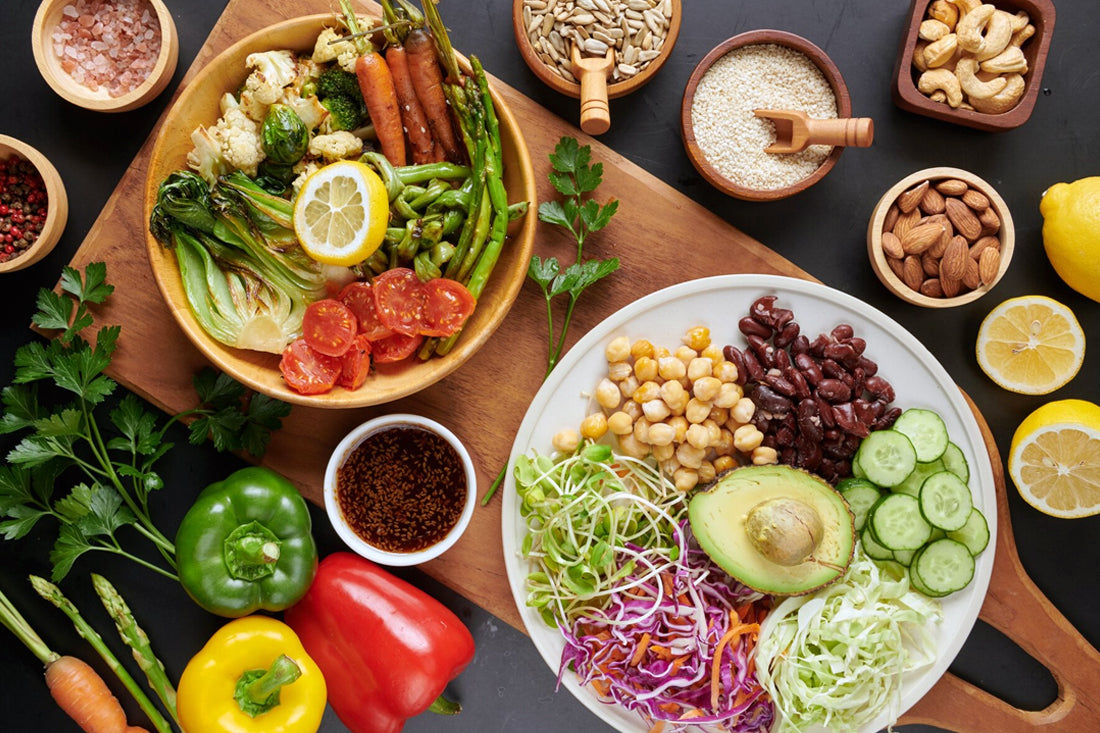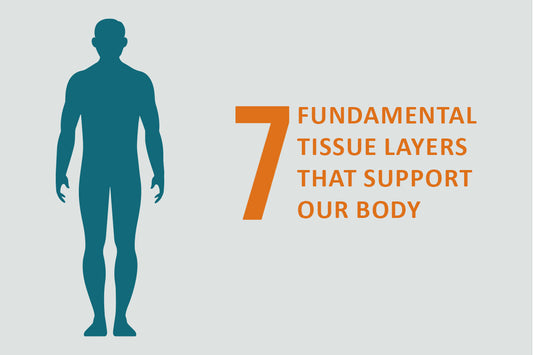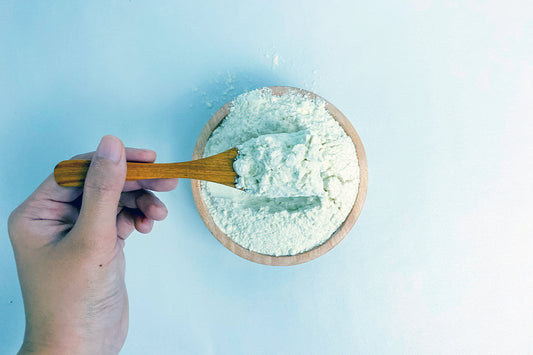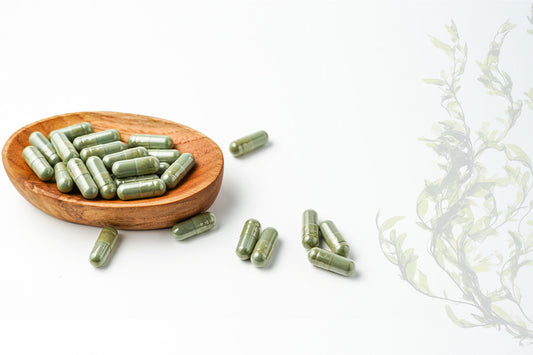Can You Get Sufficient Zinc in a Whole-Food Plant-Based Diet
Zinc is an essential mineral that plays a vital role in numerous bodily functions, supporting overall wellness. For those following a whole-food plant-based diet, there may be concerns about obtaining enough zinc from plant foods alone. This blog will explore whether a plant-based diet can provide sufficient zinc and how to ensure adequate zinc intake through rich plant sources and supplements.
Understanding the Importance of Zinc
Zinc is necessary for over 300 enzyme reactions in the body. It helps maintain a healthy immune system, supports skin health, and plays a crucial role in overall wellness. Zinc is also vital for hair health, with deficiency sometimes leading to hair loss. Given its importance, ensuring adequate zinc intake is essential, especially for vegans and vegetarians.
The Role of Zinc in the Body
Zinc is involved in various critical functions, such as:
- Immune Function: Zinc helps maintain a healthy immune system, supporting the body's ability to combat seasonal allergies.
- Wound Healing: Zinc is essential for the synthesis of proteins and DNA, which are crucial for the growth and repair of tissues.
- Growth and Development: Adequate zinc levels are vital for proper growth and development, particularly in children and adults.
- Hair and Skin Health: Zinc contributes to maintaining healthy skin and hair, helping prevent hair loss and skin issues.
- Enzyme Function: Zinc is a cofactor for numerous enzymes that facilitate metabolic processes and chemical reactions in the body.
Zinc Through Plant-based Foods
Most of the plat-based foods contain a compound called Phytates, which makes a challenging situation in absorption of zinc. Phytates are found in grains, legumes, nuts, and seeds. However, with proper food preparation techniques, such as soaking, sprouting, and fermenting, you can help enhance zinc absorption from plant-based foods.
Phytates and Zinc Absorption
Phytates, or phytic acid, the naturally occurring compounds found in plant foods can bind to zinc and other minerals, reducing their absorption in the digestive tract. While phytates can be a concern, several methods can help mitigate their impact on zinc absorption:
- Soaking: Soaking legumes, nuts, and seeds in water for several hours or overnight can help break down phytates and restore zinc availability.
- Sprouting: Sprouting grains, legumes, and seeds involves germinating them, which can reduce phytate content and enhance nutrient absorption.
- Fermenting: Fermenting foods like bread (using sourdough) and vegetables can also decrease phytate levels, making zinc bioavailable.
Good Sources of Zinc in a Plant-Based Diet
There are several plant foods that are high in zinc. Incorporating these into your diet can help ensure you get enough zinc:
1. Pumpkin SeedsPumpkin seeds are an excellent source of zinc. Just one ounce of pumpkin seeds can provide around 2.2 milligrams of zinc, which is about 20% of the daily recommended intake. Including pumpkin seeds in your meals or as a snack is an easy way to increase your zinc intake.
2. LegumesLegumes, such as chickpeas, lentils, and beans, are good sources of zinc. One cup of cooked lentils contains about 2.5 milligrams of zinc. Preparing legumes by soaking or sprouting them can help enhance zinc absorption. Adding a variety of legumes to your diet can help you meet your zinc needs while providing additional nutrients and fiber.
3. Nuts and SeedsIn addition to pumpkin seeds, other nuts and seeds, such as hemp seeds, sesame seeds, and cashews, are also rich in zinc. For instance, one ounce of cashews provides about 1.6 milligrams of zinc. These can be added to salads, smoothies, or eaten as a snack. Nuts and seeds are versatile ingredients that can be incorporated into various dishes, making it easier to boost your zinc intake.
4. Whole GrainsWhole grains, including oats, quinoa, and brown rice, are good sources of zinc. A cup of cooked quinoa offers about 2 milligrams of zinc. Soaking grains before cooking can help reduce phytate levels and restore better zinc absorption. Whole grains are also packed with other essential nutrients, making them a valuable addition to a balanced diet.
5. Fortified CerealsFortified cereals can be a significant source of zinc for those following a plant-based diet. Many cereals are fortified with 50% or more of the daily value for zinc, making them an easy and convenient option to help maintain adequate zinc levels. When choosing fortified cereals, opt for those with minimal added sugars and whole grain ingredients for maximum nutritional benefit.
Zinc Supplements for Vegans and Vegetarians
While it is possible to get sufficient zinc from a plant-based diet, some individuals may still find it challenging to meet their daily requirements. In such cases, zinc supplements can be beneficial. It is essential to consult with a healthcare provider before starting any supplements to ensure the appropriate dosage and avoid excessive zinc intake, which can have adverse effects.
Ensuring Adequate Zinc Intake
Here are some tips for vegans and vegetarians to help maintain sufficient zinc levels:
- Diverse Diet: Include a variety of zinc-rich plant foods in your diet, such as legumes, nuts, seeds, and whole grains.
- Proper Preparation: Use food preparation methods like soaking, sprouting, and fermenting to help enhance zinc absorption.
- Fortified Foods: Consider including fortified cereals in your diet to increase your zinc intake.
- Monitor Symptoms: Be aware of symptoms of zinc deficiency, such as frequent infections, hair loss, and slow wound healing. If you experience these, consult a healthcare provider.
Signs of Zinc Deficiency
Zinc deficiency can lead to several health issues, including:
- Impaired Immune Function: Increased susceptibility to infections.
- Hair Loss: Zinc plays a role in maintaining healthy hair, and deficiency can cause hair thinning or loss.
- Delayed Growth and Development: Particularly in children, insufficient zinc can impact growth and cognitive development.
- Wound Healing: Zinc is essential for tissue repair, and deficiency can slow the healing process.
Overcoming Common Challenges
Adopting a plant-based diet can come with its own set of challenges when it comes to meeting nutritional needs, including zinc. Here are some strategies to overcome these challenges:
1. Meal PlanningPlan your meals to include a variety of zinc-rich foods. A well-balanced diet that incorporates legumes, nuts, seeds, whole grains, and fortified cereals can help you meet your daily zinc requirements.
2. Variety and BalanceEating a diverse range of plant foods ensures you get a broad spectrum of nutrients. Aim to include different types of zinc-rich foods in your daily diet to help maintain adequate zinc levels.
3. Mindful EatingBe mindful of how you prepare and consume your food. Using preparation methods that enhance zinc absorption, such as soaking, sprouting, and fermenting, can make a significant difference in your overall zinc intake.
Practical Tips for Daily Diet
Incorporating zinc-rich foods into your daily diet can be straightforward with a few practical tips:
- Breakfast: Start your day with a bowl of fortified cereal topped with nuts and seeds, or enjoy a smoothie with added pumpkin seeds and fortified plant-based milk.
- Lunch: Include a hearty lentil soup or a chickpea salad with a variety of fresh vegetables and a sprinkle of sesame seeds.
- Snacks: Keep a stash of mixed nuts and seeds for a quick and nutritious snack that is high in zinc.
- Dinner: Prepare a quinoa bowl with mixed vegetables, tofu, and a side of steamed greens, or enjoy a bean stew with whole grain bread.
- Desserts: Opt for zinc-rich desserts like chia pudding made with fortified plant-based milk and topped with berries and nuts.
Conclusion
A whole-food plant-based diet can provide sufficient zinc if carefully planned. By incorporating zinc-rich plant foods like pumpkin seeds, legumes, nuts, seeds, whole grains, and fortified cereals, vegans and vegetarians can meet their zinc requirements. Additionally, using food preparation techniques that help enhance zinc absorption and considering zinc supplements when necessary can help maintain optimal zinc levels. Ensuring adequate zinc intake is crucial for immune function, and overall health, making it an essential focus for those on a plant-based diet.
With the right approach, a plant-based diet can be both nutritious and sufficient in providing all essential minerals, including zinc. By being mindful of your food choices and preparation methods, you can enjoy the benefits of a plant-based lifestyle without compromising on vital nutrients.






